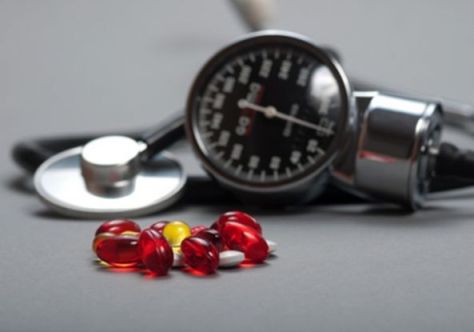Refractory Hypertension: When the pressure does not drop
In particular, when it does not become possible to control the pressure, at levels below 140/90 – even after having managed, in adequate doses, including diuretics and under medical follow-up, at least up to three different classes of antihypertensive drugs.
A pathology which, according to medical data, affects around 10% of patients diagnosed as hypertensive. It should be noted that hypertension is a major health problem, as it is the main cardiovascular risk factor.
Hypertension or high blood pressure, if left untreated, can be hazardous to our health. The diagnoses, with regular checks of pressure, it is essential to detect a silent disease, that is, may be present without symptoms or signs that warn us of its presence.
It is estimated that high blood pressure is high when registers levels greater than 140 mmHg for systolic or maximum and 90 for the diastolic or minimum. In addition to reviewing our diet – reduce the consumption of salt – and adopt healthier habits and practice of physical exercise or maintain ideal weight, among others, there are now different modalities and treatments to control blood pressure.
But what happens when the pressure does not respond to drug therapy? We are facing a problem of refractory hypertension or difficult to control, to maintain chronically elevated stress levels, increases the risk for cerebral complications (thrombosis, hemorrhage), cardiac (myocardial infarction, angina), renal problems (kidney failure) or vascular (atherosclerosis, aneurysm). Hypertension affects especially the arterial system, when subjected to a constant pressure.
Although in most cases the pressure is controlled by intake of a first drug, in other cases it is necessary to multiple associate. When the administration of three drugs does not achieve the desired goal, i.e., lower blood pressure, experts define it as refractory hypertension, which is estimated to affect 10 percent of hypertensive patients.
What are the causes of this type of hypertension? Among them, experts point at the use of drugs that interfere with antihypertensive drugs (NSAIDs, contraceptives, steroids or erythropoietin), failure to comply with the treatment by the patient (skip or forget any of intakes of drugs), suffering syndrome obstructive sleep apnea or possible kidney or endocrine causes.
Recommendations
If you suffer from a problem of resistant hypertension is recommended severely reduce salt intake and alcohol, as well as aerobic exercise (walking, swimming or cycling). For the self-measurement of pressure, the best option is with an automatic arm. You must take the blood pressure at first hour in the morning, before we set off with our daily activities and record, in an orderly manner, results. It is advisable to repeat the takes two or three times a week.
In cases in which hypertension is accompanied by some pain, before taking anti-inflammatories, you should consult a doctor.
